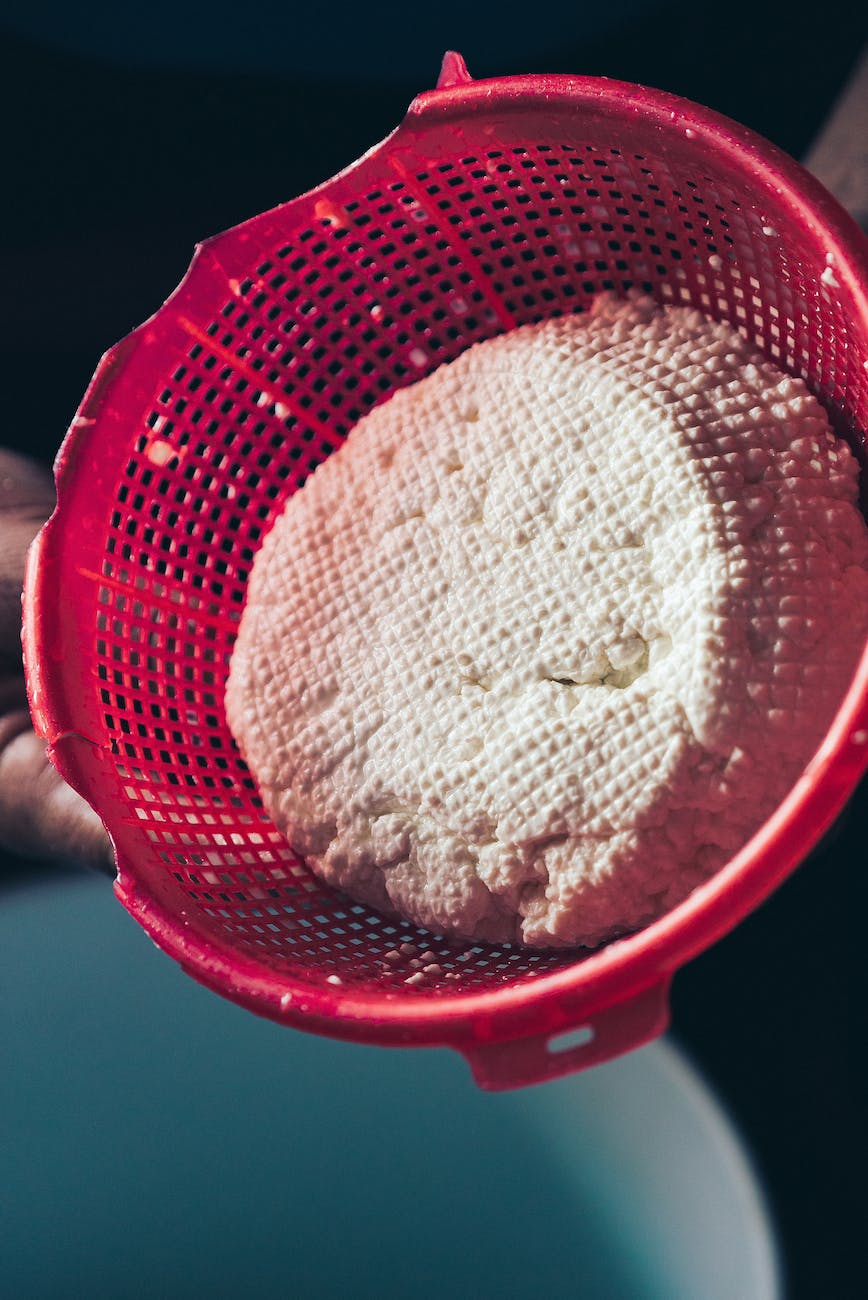
The Ultimate Guide to Cottage Cheese for Breakfast: Benefits, Recipes, and More
Cottage cheese, a staple in many households, has been gaining popularity as a nutritious breakfast option. But is it just a fad, or does cottage cheese truly offer significant health benefits, especially when consumed in the morning? Let’s dive deep into the world of cottage cheese and discover its potential advantages, especially for those looking to shed some pounds.
1. Nutritional Profile of Cottage Cheese
A typical serving of cottage cheese is packed with essential nutrients. According to the Cleveland Clinic, a standard serving contains:
- Calories: 84
- Fat: 2.3 grams
- Protein: 11 grams
- Total sugars: 4.1 grams
- Calcium: 103 milligrams
2. Weight Loss and Cottage Cheese
Cottage cheese is often recommended for those on a weight loss journey. Its high protein content can help you feel full, reducing overall calorie intake. Moreover, it’s a low-calorie cheese with a mild flavor, making it a versatile addition to various dishes. Studies have shown that consuming protein-rich foods like cottage cheese can aid in muscle gain and fat loss, as highlighted by Healthline.
3. Benefits of Eating Cottage Cheese for Breakfast
Starting your day with cottage cheese can offer several advantages:
- Satiety: The protein in cottage cheese can keep you full, reducing the chances of overeating later in the day.
- Gut Health: Some cottage cheese varieties contain live cultures, offering the same gut health benefits as yogurt, as mentioned by Consumer Reports.
- Bone Health: Being a good source of calcium, it promotes bone health.
4. Cottage Cheese vs. Other Dairy Products
When compared to other dairy products like Greek yogurt, cottage cheese holds its own. For instance, a 100-gram serving of full-fat cottage cheese contains 11.5 grams of protein, while the same amount of full-fat Greek yogurt has about 8.7 grams of protein, as noted by UC Davis Health.
5. Delicious Breakfast Ideas with Cottage Cheese
- Fruit Salad: Mix cottage cheese with fresh fruits like berries, kiwi, and banana.
- Smoothie: Blend cottage cheese with fruits, almond milk, and a touch of honey.
- Pancakes: Add cottage cheese to your pancake batter for a protein boost.
- On Toast: Spread cottage cheese on whole-grain toast and top with avocado slices.
6. Potential Risks and Considerations
While cottage cheese offers numerous benefits, it’s essential to consume it in moderation. Some varieties might be high in sodium, so always check the label. Those with lactose intolerance should also be cautious.
7. The Verdict
Cottage cheese is more than just a diet food. It’s a nutrient-dense, versatile dairy product that can be a valuable addition to your breakfast routine, especially if you’re aiming for weight loss.
Incorporating cottage cheese into your morning meal can set a positive tone for the rest of the day, ensuring you get a dose of essential nutrients right from the start. So, the next time you’re contemplating what to eat for breakfast, give cottage cheese a try!
Note: Always consult with a nutritionist or healthcare provider before making significant changes to your diet.
FAQs for “The Ultimate Guide to Cottage Cheese for Breakfast”
- What are the primary nutritional components of cottage cheese?
Cottage cheese is rich in protein, calcium, and essential vitamins. A standard serving typically contains 84 calories, 2.3 grams of fat, 11 grams of protein, 4.1 grams of total sugars, and 103 milligrams of calcium. - How does cottage cheese aid in weight loss?
Cottage cheese is a protein-rich food that promotes satiety, helping to reduce overall calorie intake. Its low-calorie content combined with its ability to make you feel full makes it a popular choice for weight loss diets. - Can I eat cottage cheese if I’m lactose intolerant?
While cottage cheese contains lactose, some people with lactose intolerance might tolerate it better than other dairy products. However, it’s essential to monitor your body’s reaction and choose lactose-free versions if necessary. - How does cottage cheese compare to Greek yogurt in terms of protein content?
A 100-gram serving of full-fat cottage cheese contains about 11.5 grams of protein, while the same amount of full-fat Greek yogurt offers approximately 8.7 grams. - What are some breakfast ideas using cottage cheese?
You can enjoy cottage cheese in fruit salads, smoothies, pancakes, or spread on whole-grain toast topped with avocado slices. - Is there any health risk associated with consuming cottage cheese regularly?
While cottage cheese is generally safe and healthy, some varieties might be high in sodium. It’s advisable to check the label and opt for low-sodium versions if you’re watching your salt intake. - Does cottage cheese offer benefits for gut health?
Yes, some cottage cheese varieties contain live cultures, providing similar gut health benefits as yogurt, promoting a balanced gut microbiome. - Is cottage cheese suitable for bone health?
Absolutely! Cottage cheese is a good source of calcium, which is essential for maintaining strong bones and preventing osteoporosis.
Blog Tags for the Post:
Cottage Cheese, Breakfast Ideas, Weight Loss, Dairy Benefits, Protein-rich Foods, Healthy Eating, Nutritional Value, Gut Health, Bone Health, Low-calorie Breakfast, Morning Meals, Dairy Comparison, Healthy Recipes.









